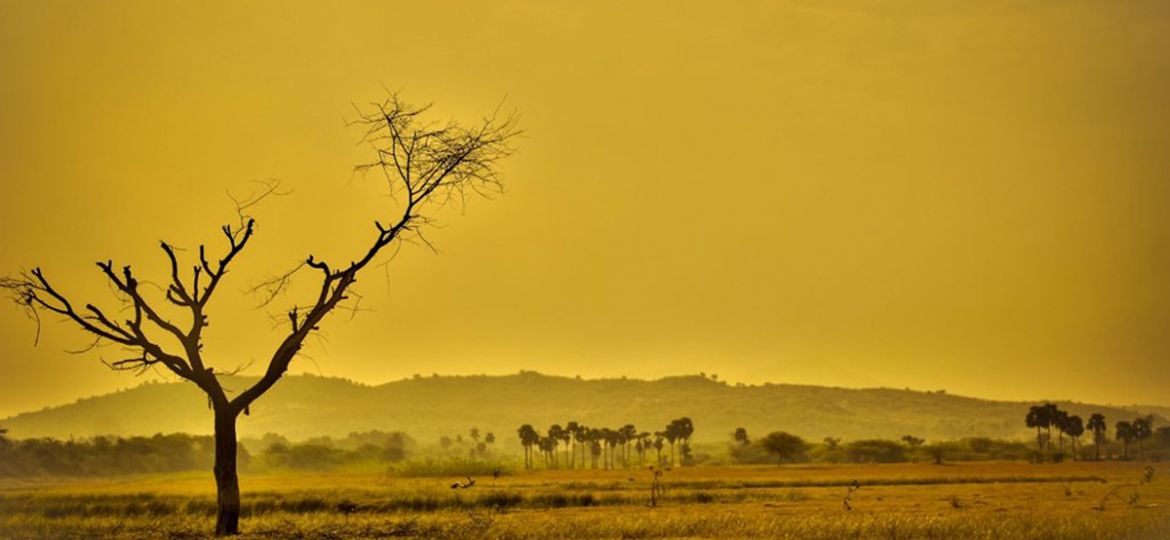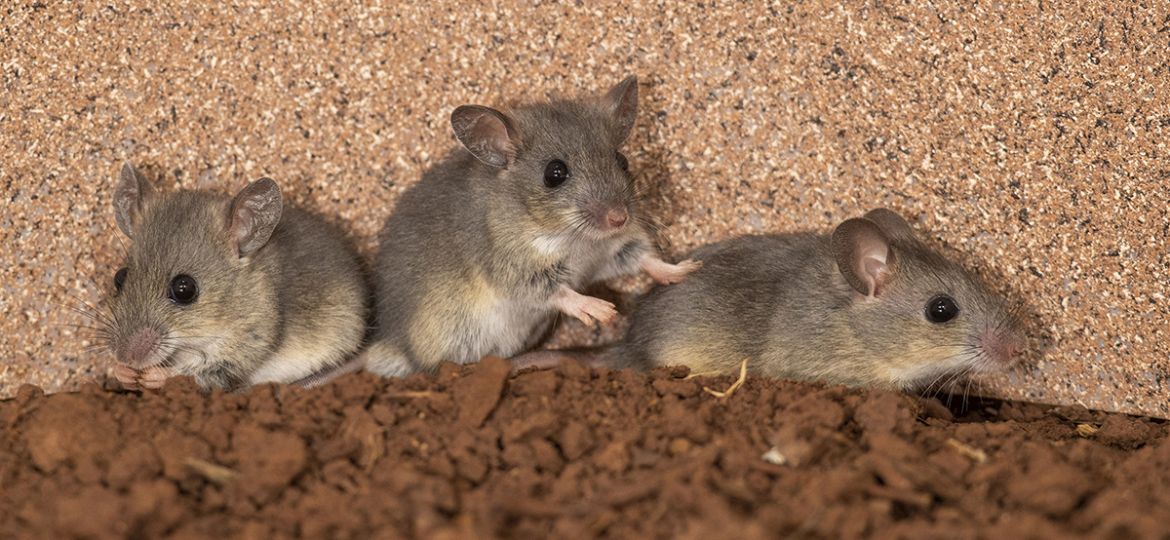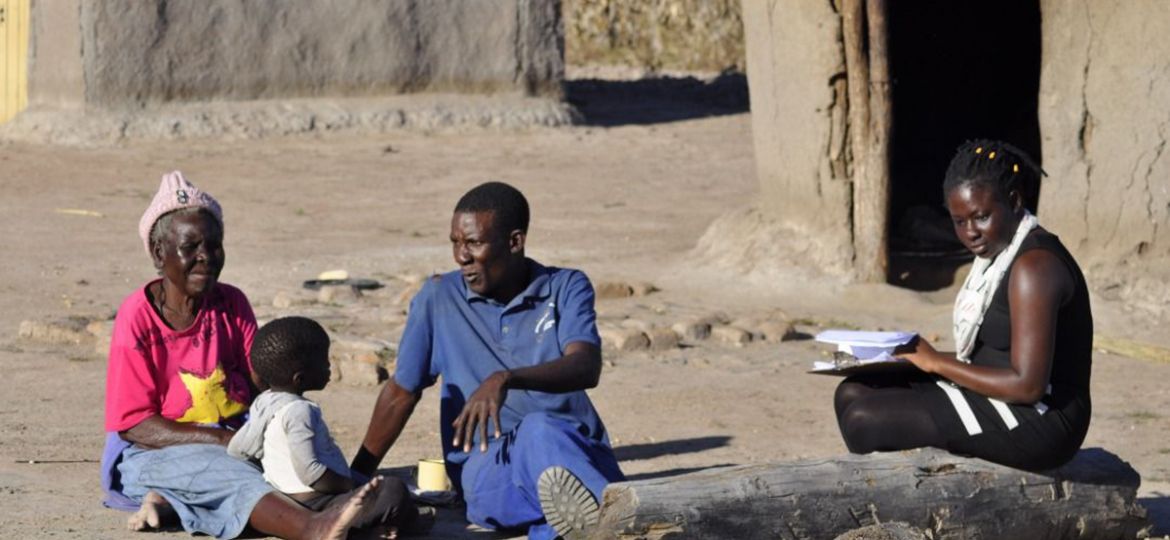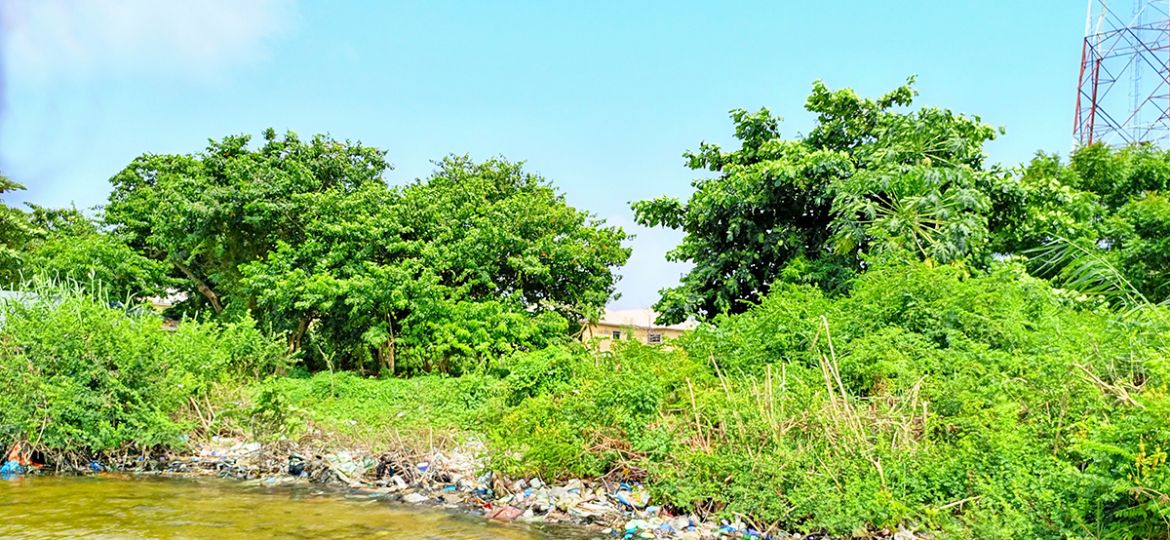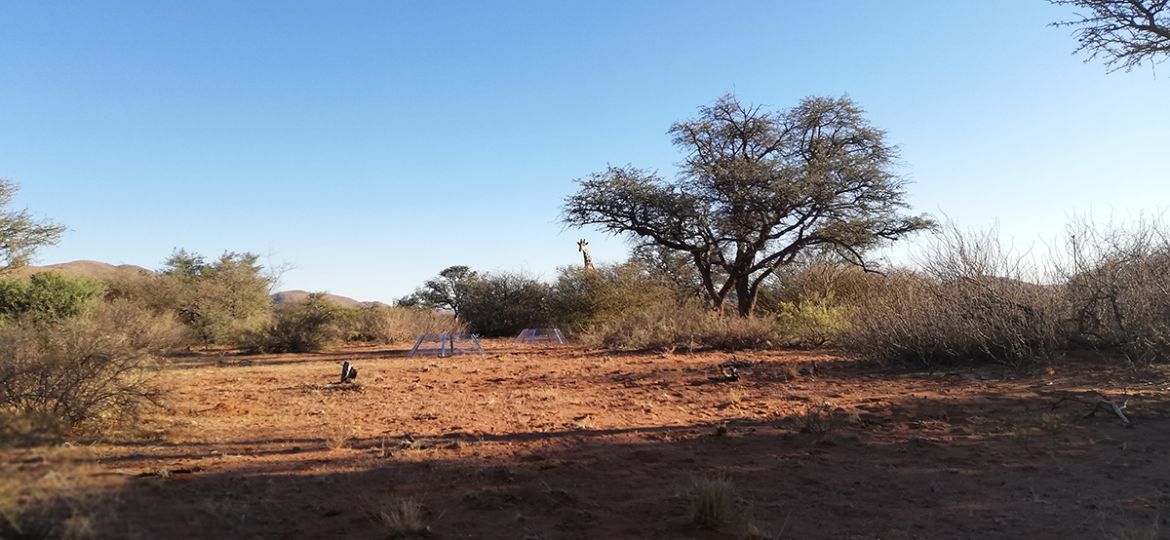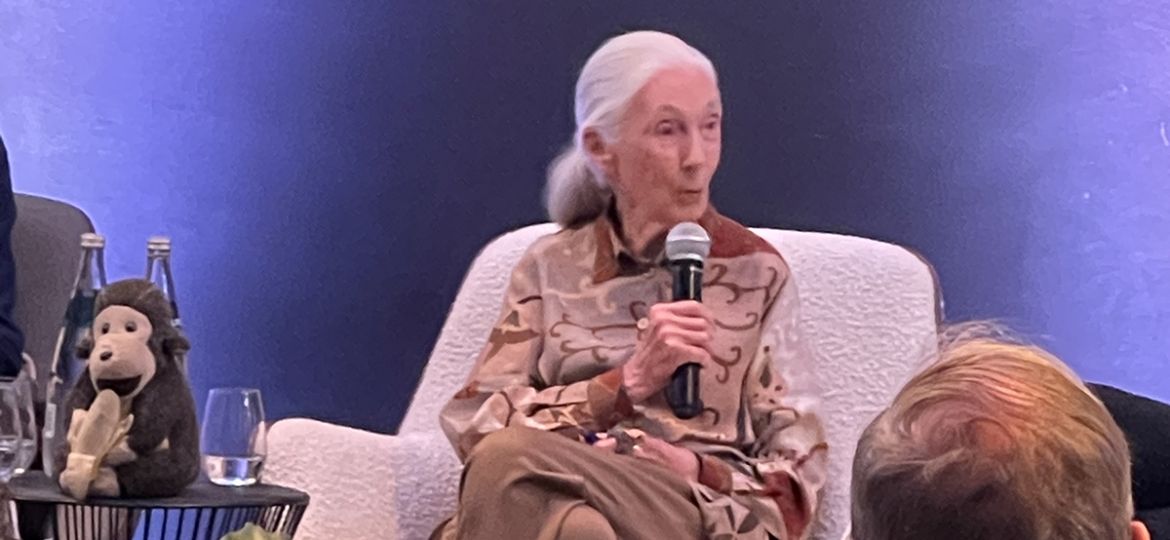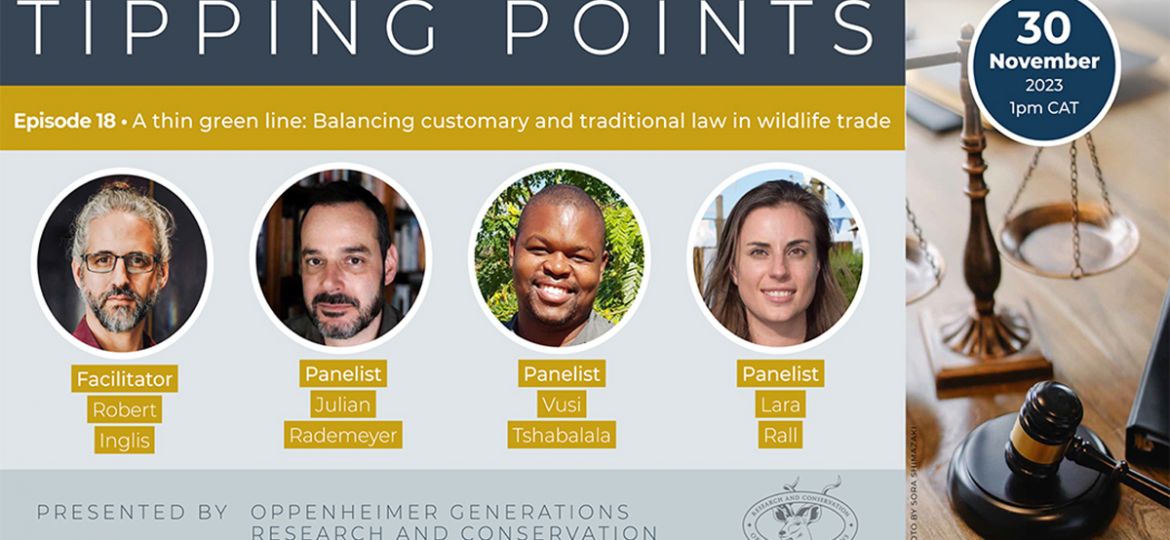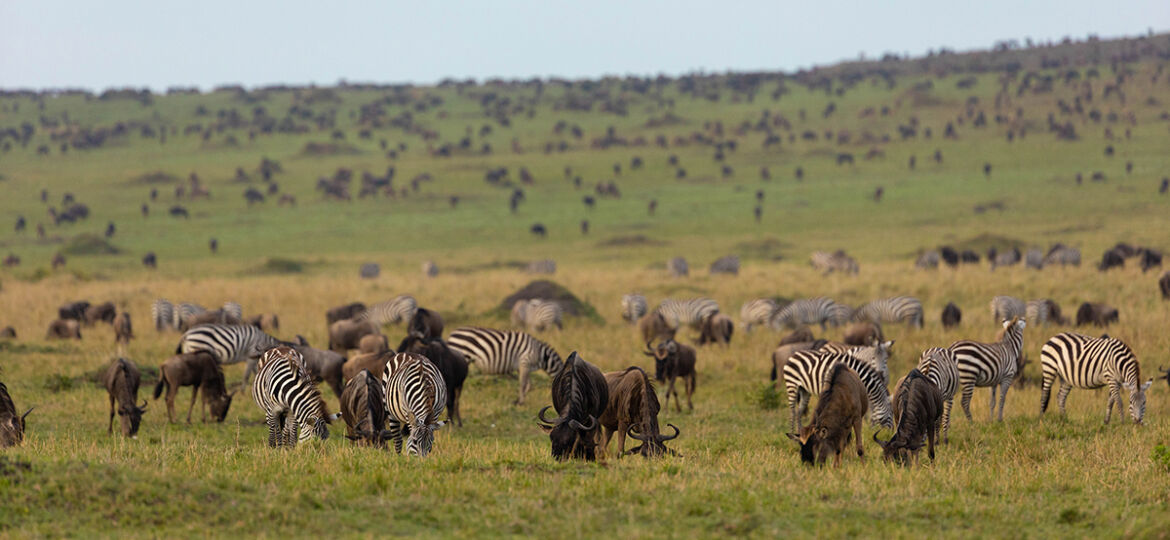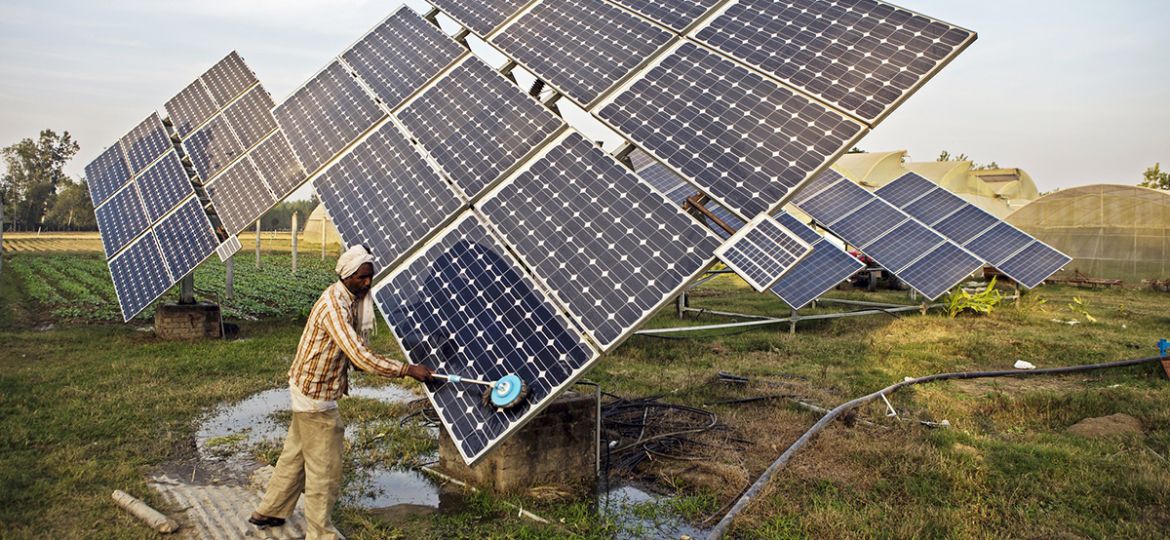It’s not only misguided, it’s a bit rich, for the wealthy to pressure the poor to swallow the bitter medicine they are prescribing for the world’s climate change ills.
Tipping points, landscape ecology and climate change
Nature talks, and listening in can tell scientists and conservationists what’s out there, and where it is.
Vultures may not feature in many beauty or popularity contests, but when it comes to keeping ecosystems clean and healthy, they’re the top dogs.
The sacred Osun River in Nigeria has recorded the highest measured level of microplastics in a river in the world, and researchers are calling for a ban on single-use plastics.
Even bugs hardened to hot and dry conditions are sweating it over global warming.
The ethologist and environmentalist Dr Jane Goodall thinks big and acts small to solve global problems. “If we can’t save the planet, we can’t save Africa,” she told a select audience of scientists at the Wits Origins Centre in Johannesburg.
Wildlife crime has many threads. It’s entangled in the very fabric of our society and we must get to grips with its subtleties if we hope to unpick it. Maxcine Kater reports.
“Why is Africa not producing more carbon credits?” asked Matthew Child of Rewild Capital during a panel discussion at COP28 in Dubai on restoring ecosystems and boosting wildlife economies.
Tipping points present huge risks in the climate and ecological emergency, but also huge opportunities to transition to more sustainable futures. That’s the key message of a new Global Tipping Points Report, which will be released at COP28.
Money is currently pouring into Africa and the Global South to achieve climate mitigation via ecosystem based approaches.



